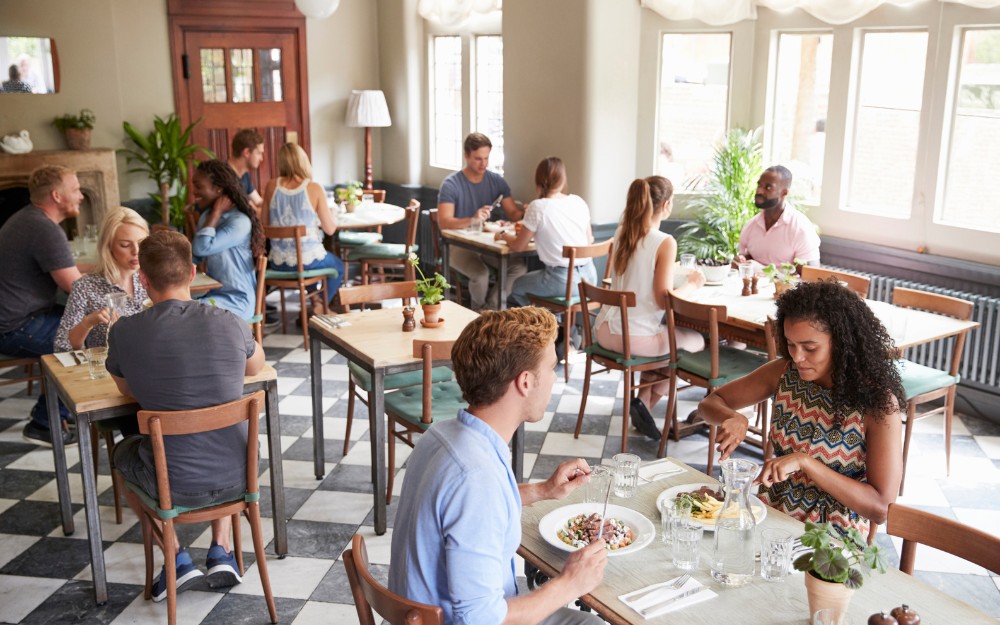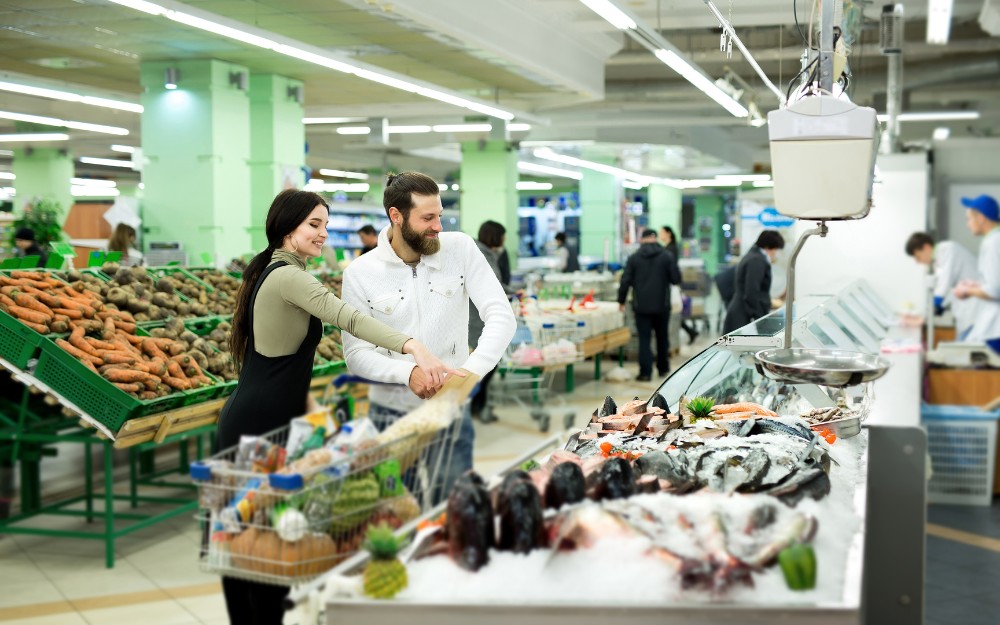Dining out should be a pleasant experience, but when an injury occurs at a restaurant, it can turn into a traumatic event. If you’ve been injured at a restaurant, it’s crucial to understand restaurant negligence and your right to compensation. This article will provide an in-depth look at restaurant negligence, the types of claims that can be made, and what you can expect from the claims process in New South Wales.
What Is Restaurant Negligence?
Restaurant negligence occurs when a restaurant fails to uphold its duty of care towards customers, resulting in injury or harm. This duty of care extends beyond safe food preparation—it also includes maintaining a safe environment, ensuring staff are adequately trained, and addressing potential hazards. If a restaurant breaches this duty, causing injury to a patron, it can be held legally responsible.
NSW courts have consistently reinforced this broad duty of care. In recent rulings, courts have stressed that restaurants must proactively manage hazards and take reasonable steps to protect customers from harm. This includes regular safety checks, prompt attention to potential risks, and ensuring staff follow safety protocols.
Types of Restaurant Negligence Claims
There are several types of negligence claims that can arise in a restaurant setting. Understanding these common claims is essential if you’re pursuing compensation for an injury.
Slip and Fall Incidents
These are among the most common injuries at restaurants. Hazards such as wet floors, uneven surfaces, or spills can lead to falls, resulting in injuries. One example is the case of Dale Erwin-Jones v Latitude Underwriting Pty Limited [2016] NSWDC 34, where a patron slipped on a wet floor and was awarded over $344,000. This case emphasised the need for restaurant owners to take proactive steps to prevent such incidents, such as placing warning signs when floors are wet and conducting regular inspections.
Slips and falls can also happen in poorly lit areas, especially when the floor is dark or patterned. Restaurants must ensure that all high-risk areas are well-lit to reduce the risk of accidents.
Food Safety and Contamination
Food poisoning is another significant issue for restaurants. While it’s often difficult to prove that food poisoning was caused by a specific restaurant, claims can still result in compensation if the restaurant’s negligence can be linked to the illness. Restaurants are required by law to follow strict food safety protocols, including proper food storage, temperature control, and hygiene practices. If these standards are not met and foodborne illnesses caused by pathogens such as Salmonella, E. coli, or Listeria occur, a public liability claim can be pursued. However, gathering medical documentation linking the illness to the restaurant’s food safety practices is crucial in these cases.
Furniture and Equipment Failures
Faulty furniture or equipment can lead to serious injuries in restaurants, including broken bones. In case against Hungry Jack’s in western Sydney, a patron was injured by a collapsing chair and was awarded $35,000, according to a News.com.au report. This ruling highlighted the importance of restaurants regularly inspecting furniture and equipment for any signs of damage or wear.
Restaurants must ensure that all furniture is stable and safe for use. Regular inspections of tables, chairs, and other furnishings should be a standard part of restaurant maintenance.
Security-Related Incidents
Restaurants that serve alcohol or are open late at night must take extra steps to ensure safety, including providing adequate security to prevent violence or altercations. A 2023 case involving Bondi Beach Foods reinforced the idea that restaurants should have security guards during high-risk periods. In this case, the court ruled that two licensed security guards should have been present to prevent and manage potential incidents.
Restaurants that fail to provide sufficient security during busy times can be held liable for any injuries resulting from violence or altercations between patrons.
Chemical Exposure and Burns
Restaurants deal with various chemicals, such as cleaning agents and cooking oils, which can cause injuries if mishandled. A notable case involved Amanda Merrifield, who was served industrial oven cleaner instead of vinegar, resulting in severe burns. This incident highlighted the need for restaurants to adhere to strict procedures when storing and using chemicals. They should also ensure that staff are trained in the safe handling of hazardous substances to avoid accidents.
Building Your Claim
To pursue a claim against a negligent restaurant, you’ll need to prove the following:
- The restaurant owed you a duty to ensure your safety while on their premises.
- The restaurant’s actions or inactions led to your injury (for example, failing to maintain a safe environment).
- The breach directly caused your injury.
- You suffered quantifiable losses, such as medical expenses, lost income, and pain and suffering.
Key Evidence for Your Claim
To successfully build your claim, gather the following evidence:
- Incident reports from the restaurant documenting the event
- Photographs of the injury or hazardous condition that led to the accident
- Medical records detailing your injuries and treatment
- Testimonies from individuals who witnessed the incident.
- CCTV footage, if available, to verify the incident
- Documentation of expenses, such as medical bills or travel costs related to the injury
Compensation Categories
If your claim is successful, you may be entitled to compensation for both economic and non-economic losses.
Economic Losses
Economic damages cover measurable financial losses, including:
- Lost income: Wages lost due to time off work while recovering from your injury.
- Medical expenses: Costs associated with hospital visits, surgeries, and ongoing treatment.
- Travel expenses: Costs for medical-related travel, such as transportation to appointments.
- Domestic assistance: Costs for help you needed at home during your recovery.
- Future lost earning capacity: Compensation for potential future income loss if your injury impacts your ability to work long-term.
Non-Economic Losses
Non-economic damages compensate for the more subjective impacts of your injury, such as:
- Pain and suffering: Compensation for both the physical discomfort and emotional turmoil caused by the injury.
- Loss of quality of life: If the injury affects your ability to enjoy normal activities, you may be entitled to compensation.
- Permanent impairment: Compensation for long-term disability or permanent loss of function due to the injury.
- Psychological impact: Emotional and mental distress caused by the injury, such as anxiety or depression.
Preventing Accidents in Restaurants
To avoid legal action, restaurants must take certain steps to prevent accidents and injuries. These measures include:
- Regular inspections: Routine checks of the premises, particularly high-risk areas like kitchens and bathrooms, to ensure safety.
- Staff training: Continuous education on identifying hazards, handling food safely, and using equipment properly.
- Adequate lighting: Ensuring all areas are well-lit, particularly places where patrons walk, to prevent slip-and-fall accidents.
- Warning signs: Clear, visible signage should be placed when hazards like wet floors or uneven surfaces exist.
- Slip-resistant surfaces: Floors in high-traffic areas should have non-slip surfaces to reduce the likelihood of falls.
- Furniture maintenance: Regular checks for stability and safety of furniture and equipment.
- Chemical handling: Safe storage and proper handling of hazardous substances to prevent chemical-related injuries.
- Security staffing: Adequate security measures, especially during busy times or late-night hours, to prevent violence or altercations.
Time Limits and Legal Process
In NSW, you generally have three years from the date of the injury to initiate legal action. However, the earlier you act, the easier it is to gather evidence, interview witnesses, and access relevant records. Taking action sooner also allows you to secure compensation faster.
Conclusion
Restaurant negligence can encompass a wide range of incidents, from slip-and-fall accidents to food contamination. Recent cases emphasise the responsibility of restaurants to maintain a safe environment and address potential hazards proactively. If you’ve been injured at a restaurant, understanding your rights and the claims process is essential.
At Gajic Lawyers, we bring decades of combined experience and a deep understanding of NSW compensation law. We focus on building robust cases while you focus on recovery, handling everything from evidence gathering to negotiations with insurers. Contact one of our expert Parramatta Public Liability Lawyers or Cabramatta Public Liability Lawyers today for a confidential, obligation-free consultation to discuss your claim.








